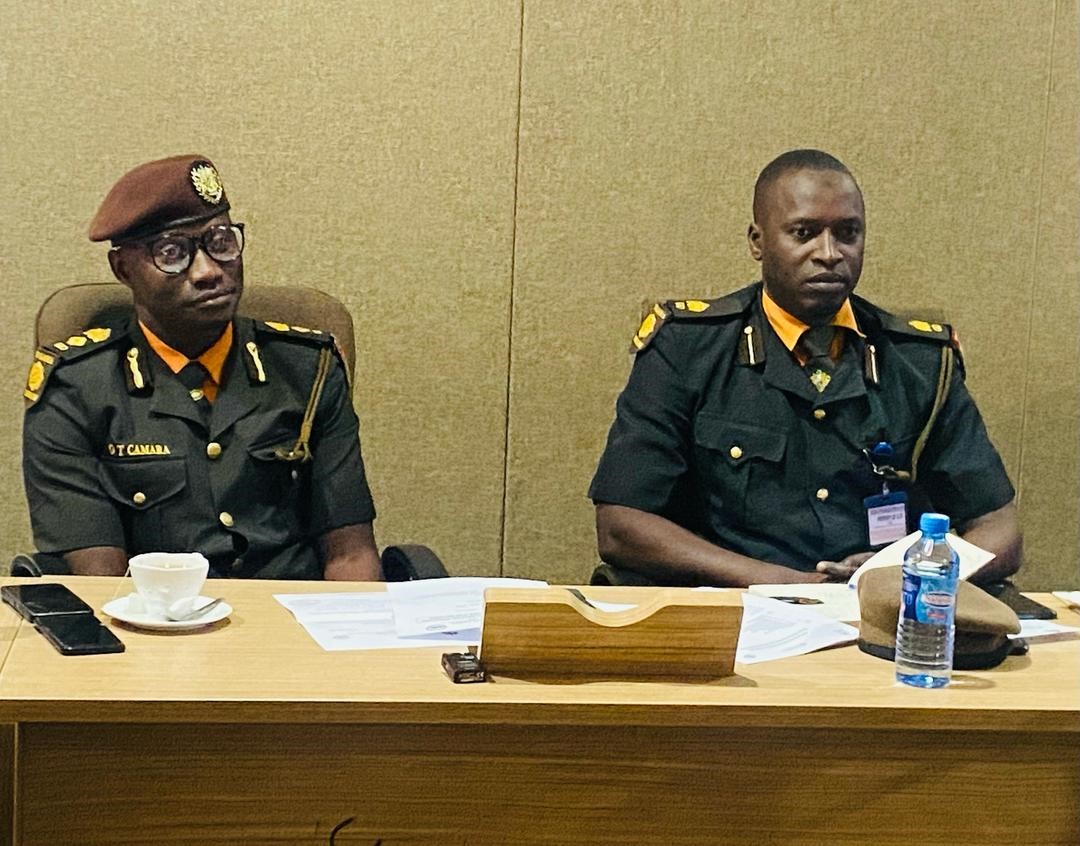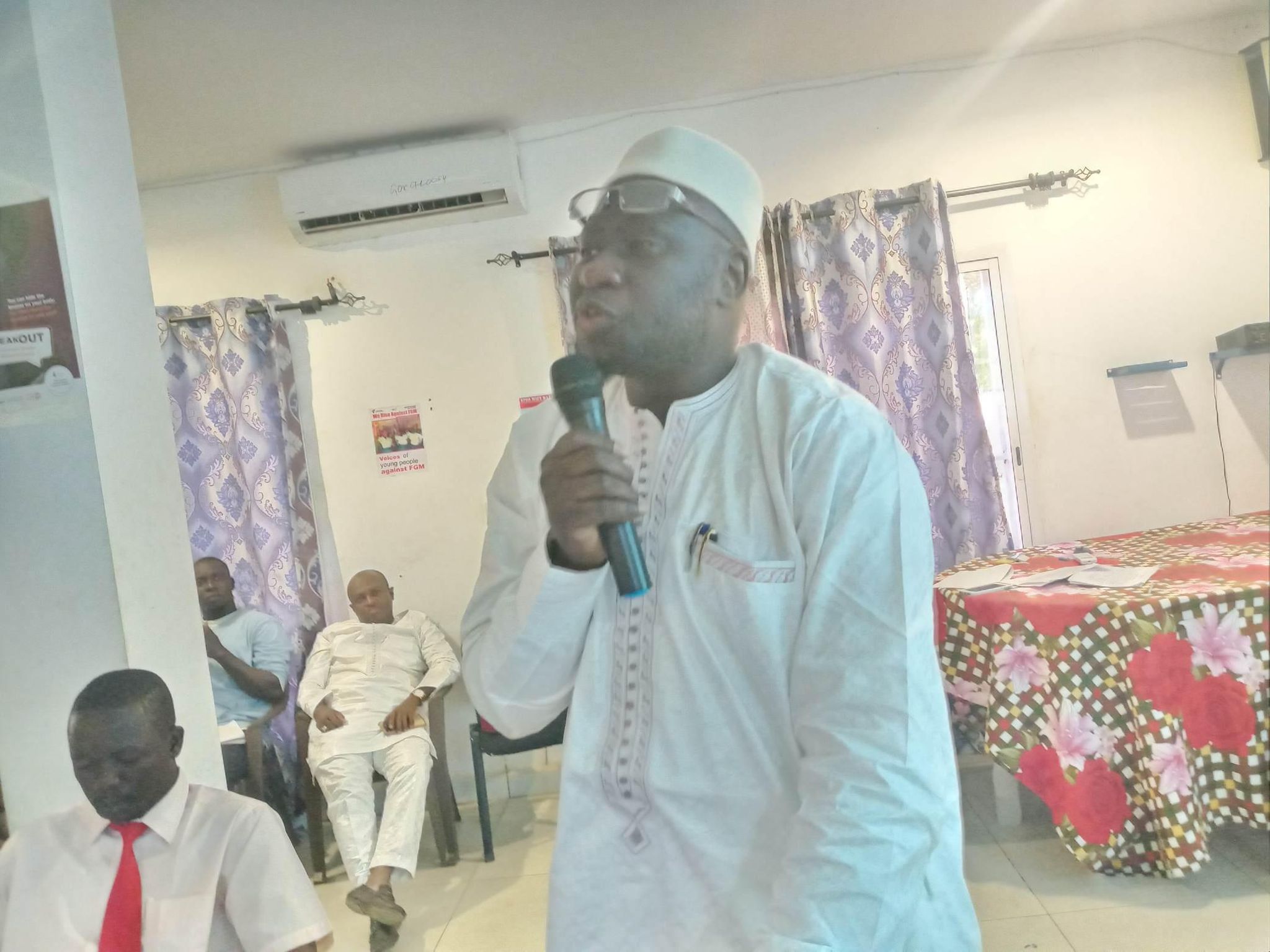By: Binta Jaiteh
Omar T. Camara, the Acting Commissioner & Government Focal Point at the Gambia Commission for Refugees, has revealed that a total of two hundred and forty-seven (247) Ghanaians living at Brufut/ Ghana Town hold valid or expired ID cards issued to them during Jammeh’s regime.
Commissioner Camara made this disclosure in his presentation of the report on Data Analysis of Ghana Town Assessment to the National Assembly Select Committee on Health, Disaster, Humanitarian Relief and Refugees.
He said these ID cards would not be renewed if they expired, while he disclosed that three hundred and seventy-seven (377) of these Ghanaians are undocumented, and out of a total of six hundred and eighty-six, only forty-three had passports.
Camara noted that there is an urgent need for reforms in Gambian citizenship laws to ensure individuals whose parents are not Gambians can secure citizenship and that children born to Gambian parents are recognized as citizens by the end of 2025, GCR and UNHCR).
He recommended the need for awareness campaigns to be organized to educate the citizens about the importance of obtaining national identity documents and understanding that their rights are essential.
He stressed the need for policymakers to develop strategies to focus on improving access to citizenship documentation, particularly for vulnerable populations.
“International Cooperation should be engaged with international organizations to provide additional resources and frameworks to effectively address statelessness issues in The Gambia. And to also engage the Government of Ghana to facilitate documentation and citizenship access for those willing to acquire it,” Camara charged.
Acting Commissioner Camara also emphasized the need for the Government to facilitate the naturalization process for the Ghana Town community. “Significant concerns highlighted in the document is the lack of citizenship documentation among respondents.”
Meanwhile, he said a considerable percentage of respondents (55%) do not possess a valid or expired national identity card from the Gambia, indicating a significant risk of statelessness.
He pointed out that the age distribution indicates that most respondents fall within the 25-49 years age bracket, representing half of the surveyed population. This demographic, he says, is crucial as it likely includes individuals who are in their prime working years and may have families, thereby impacting future generations’ citizenship status.
“The demographic data is crucial for understanding which segments of the population are most affected by this lack of documentation. The age distribution shows that the 25-59 age group is most affected by lack of documentation, It shows that Ghana town population is a youthful population. This segment of the population is expected to increase as more young men and women would marry to bear children.
The gender distribution shows a significant male majority among respondents. This disparity could affect data interpretation regarding family structures and citizenship issues, as gender roles may influence access to documentation and legal rights,” he explained.
He further elaborated that the Gambia 2024 Population and Housing Census does not provide a gender disaggregation of the Ghanaian population to understand the disparity between males and females. “A significant portion of respondents (63.3%) have children, which raises concerns about the citizenship status of these children, particularly if their parents lack proper documentation,” he stressed.
However, the survey also gathered information about family status, revealing that 434 are parents to 1,735 children, including 842 boys and 893 girls. Understanding the citizenship status of these children is vital, as it can significantly affect their future rights and statuses.
The findings underscore the complex interplay between nationality, documentation, and statelessness in The Gambia, highlighting the need for immediate action to protect individuals’ rights and ensure that all citizens have access to necessary identification and legal recognition.





